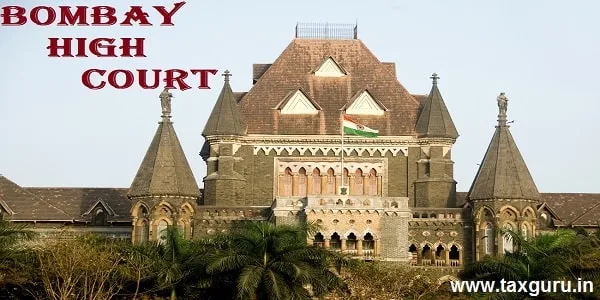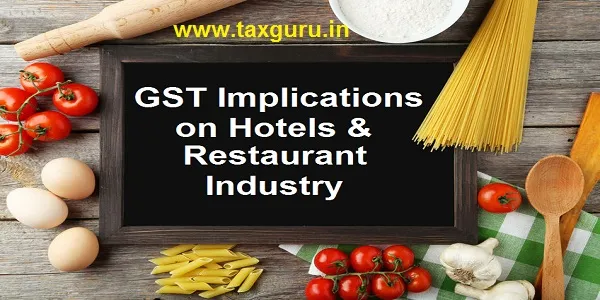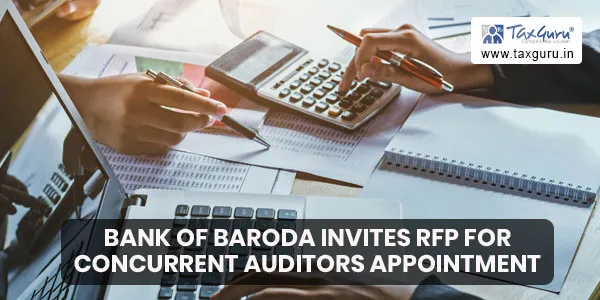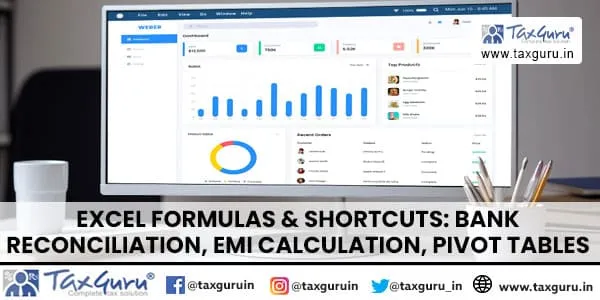Lump Sum Value Added Tax has been imposed on Plywood Manufacturers in the State of Punjab vide notification No. S.O.104/P.A.8/2005/S.8-A/2013 dated 11th November, 2013. Certain conditions have also been notified as per that notification. The scheme for Lump Sum Tax on plywood is optional. No Input tax cedit will be available to a taxable person opting for lump sum taxation scheme. Taxable person opting for lump sum scheme shall be issuing retail invoice only. Vat shall be payable in equal monthly instalments by 10th of each month. The lump sum taxation isbased on production capacity of the manufacturing unit. If there is any change in production capacity there will be a corresponding change in VAT liability of the taxable person. Any change in production capacity will have to be duly intimated to the concerned. And above all there will be anannual increase of VAT Tax Liability at rate of eight percentwith effect from April, 2015.
Whether Lump Sum Tax on the basis of Production Capacity can be legally sustained Keeping in view that lump sum Tax on sales has already been held ultra virus by Hon’ble Punjab and Haryana Court in case of Balaji Bricks Industries & Another V State of Punjab cited as [VST 201 2 P&H B-238]
The Punjab & Haryana High Court has held that lump sum scheme for payment of sales tax on the basis of production capacity of Brick Klin owners isultra vires of Article 246read with Entry 54, List-II-State List of Seventh Schedule of Constitution.
Lump sum tax under section 5(4) of Punjab General sales tax Act, 1948 (PGST) is imposed on the brick kiln owners. The grievance of the petitioners, was that they cannot be subjected to a lump sum tax which is determined on the basis of the capacity of brick kiln rather than actual sales.
As earlier mentioned State Government is empowered to levy sales tax from Entry 54 of State List of Seventh Schedule of the Constitution which is reproduced earlier.
On reading of the entry we find that Entry 54 confers competence on the State Legislature to frame laws concerning tax on sale or purchase of goods other than newspaper.
However, section 5(4) of PGST provided for levy of lump sum tax on the basis of number of Ghoris in a brick kiln i.e on the basis of production capacity of a brick kiln.
The High court held that the element of sale is completely missing u/s 5(4) and virtually it is lump sum amount of tax being collected on the basis of capacity to produce brick kiln by brick kiln owners. Lump sum tax is sought to be collected from the brick kiln owners whether there was sale of bricks or not.
Court further noted that it is trite to notice that the tax can be imposed as per Entry 54, list II State List of the Seventh Schedule, on the sale or purchase of goods, it is not possible to accept that the State Legislature would be competent to impose tax on the capacity to produce brick kilns by brick kiln owners. The incidence of the tax is the sale and not the production. Therefore the provisions of sub-section 4 of section 5 are beyond the competence of the State Legislature.
Thus the High Court declared said section 5(4) of Punjab General sales tax Act, 1948 as ultra vires of Article 246 read with Entry 54, List II-State list of Seventh Schedule.
———————-
 CA Narinder Gupta
CA Narinder Gupta



















